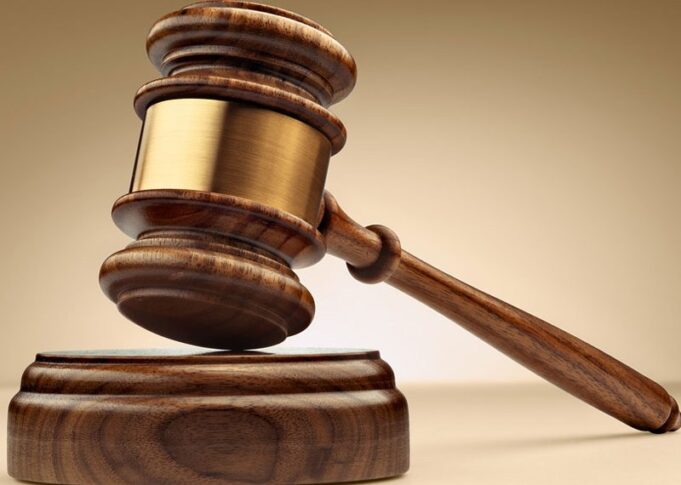In a landmark ruling, the UK Supreme Court has decided that the legal definition of a woman is based on biological sex, affirming that the term “woman” under the Equality Act 2010 refers specifically to those born female.
While the ruling has sparked strong reactions from both sides of the gender debate, the Court clarified that transgender individuals remain protected under the law from discrimination based on gender reassignment.
The case, which involved a challenge against the Scottish government’s Gender Recognition Certificate (GRC) provisions, centered on whether individuals with a GRC should be entitled to sex-based legal protections.
For Women Scotland, a campaign group advocating for the rights of women born female, argued that such protections should only apply to those assigned female at birth.
The Scottish government, on the other hand, contended that individuals with a GRC should be included in sex-based protections.
Lord Hodge, delivering the ruling, emphasized that while the legal definition of “woman” is grounded in biological sex, the law continues to safeguard the rights of transgender individuals.
He cautioned against interpreting the judgment as a victory for one group over another, highlighting the importance of ensuring fairness for all parties involved.
The ruling has significant implications for how sex-based rights are applied across Scotland, England, and Wales.
It follows a heated political debate in Scotland, where the Scottish Parliament had passed a Gender Recognition Bill to make it easier for individuals to change their legal gender.
However, the UK government blocked the bill, arguing that it would undermine equality laws across Britain, leading to the Supreme Court challenge.
While some campaigners celebrated the decision, the ruling has also sparked concerns within the transgender community.
Scottish Trans, a charity supporting transgender rights, urged people not to panic, emphasizing that transgender people remain protected from discrimination in their gender identity.
Meanwhile, For Women Scotland expressed gratitude for the decision, framing it as a long-awaited win in their ongoing legal battle.
The Scottish government has indicated that it will work with Westminster to fully understand the implications of the ruling and its potential impact on future policies related to gender recognition.

















